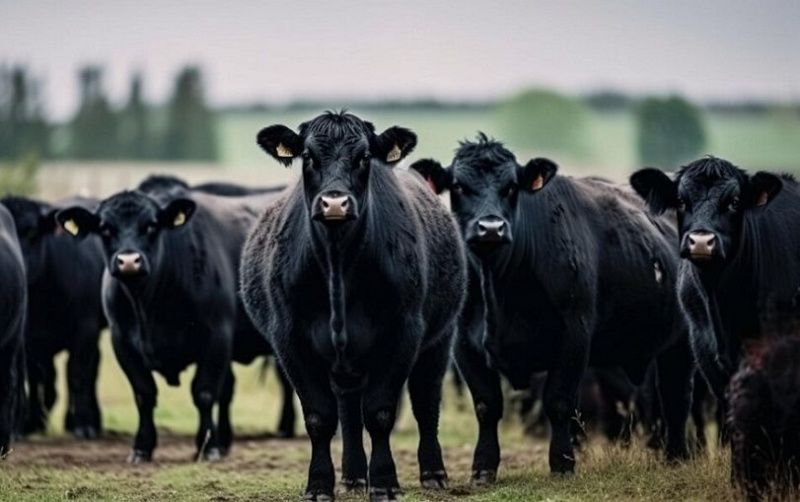First Case of Bird Flu in Wyoming Dairy Cattle Detected
Wyoming has reported its first case of highly pathogenic avian influenza (HPAI) in a dairy cattle herd, according to the Wyoming Livestock Board (WLSB) and the Wyoming Department of Agriculture (WDA). The confirmation, received from the U.S. Department of Agriculture's National Veterinary Services Laboratory, marks a concerning development, although it is not expected to impact the beef industry or public health significantly.

The discovery was disclosed at the Wyoming Cattle Industry Convention by a representative of the WLSB, as confirmed by Jim Magagna, executive vice president of the Wyoming Stock Growers Association. Despite the presence of HPAI in the state, beef cattle producers remain unconcerned due to the virus's apparent specificity to dairy cattle, with no cases reported in beef herds among the 85 instances identified across 10 states.
Symptoms observed in infected dairy cattle include reduced milk production, appetite loss, and changes in manure consistency. However, federal agencies, including the USDA and the Centers for Disease Control and Prevention (CDC), have reassured the public that the commercial milk supply remains safe, emphasizing that pasteurization effectively neutralizes the virus.
In Wyoming, where dairy operations are limited, the impact of HPAI is seen as relatively contained. According to Magagna, the characteristics of dairy cattle management, such as prolonged milking periods, may make them more susceptible to the virus. However, there is currently no evidence suggesting the virus could spread to beef cattle, which are managed under different conditions.
Authorities continue to monitor the situation closely, with ongoing testing in affected and neighboring herds. The state's agriculture officials, alongside federal agencies, are maintaining rigorous safety protocols to ensure that all dairy products reaching consumers are safe and free of HPAI risks.
Symptoms observed in infected dairy cattle include reduced milk production, appetite loss, and changes in manure consistency. However, federal agencies, including the USDA and the Centers for Disease Control and Prevention (CDC), have reassured the public that the commercial milk supply remains safe, emphasizing that pasteurization effectively neutralizes the virus.
In Wyoming, where dairy operations are limited, the impact of HPAI is seen as relatively contained. According to Magagna, the characteristics of dairy cattle management, such as prolonged milking periods, may make them more susceptible to the virus. However, there is currently no evidence suggesting the virus could spread to beef cattle, which are managed under different conditions.
Authorities continue to monitor the situation closely, with ongoing testing in affected and neighboring herds. The state's agriculture officials, alongside federal agencies, are maintaining rigorous safety protocols to ensure that all dairy products reaching consumers are safe and free of HPAI risks.
Key News of the Week











